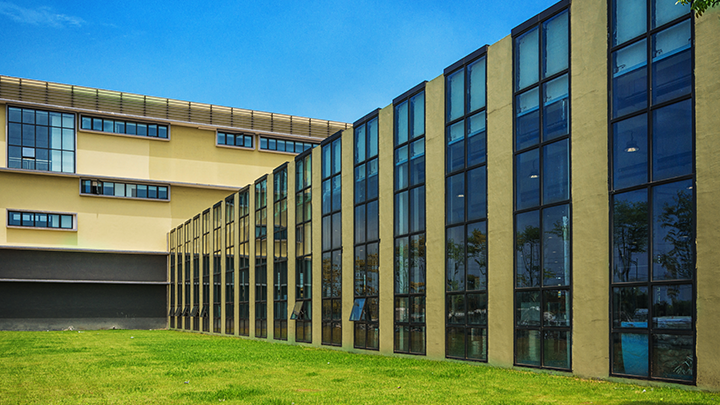But it’s far from business as usual when it comes to campus sanitation. The past year has shown many college administrators and campus facility leaders that the status quo for sanitation is far from enough to keep students safe from health hazards.
Let’s explore what’s changed when it comes to college campus sanitation, why these changes matter, and what’s next for smart campus leaders who want to keep their students and staff safe from viruses, infections, and disease.
What’s Changed?
The COVID-19 pandemic has not only made sanitation and disinfection a top priority for college campuses, it’s also forced them to reassess their cleanup protocols from the top down.
Everything from the systems put in place by college leadership to the specific ways campus classrooms are disinfected has been transformed by the pandemic. Many campuses that didn’t have any established strategy or ongoing system for disinfection have now implemented robust plans, designed to ensure facilities are fully sanitized and to avoid outbreaks of COVID-19 and other illnesses.
In fact, if there’s any positive result from the pandemic on college campuses, it’s that college students can now feel more assured that the facilities they use on a daily basis are being regularly cleaned, sanitized, and disinfected. That’s going to create benefits that last long after this pandemic has been brought under control.
Why Is Updating Protocols So Important?
Some may ask— if the widespread distribution of vaccines is on track to minimize the pandemic’s effects in the near future, why are new sanitation protocols required on college campuses?
It’s important to understand that though vaccines will help mitigate the spread of COVID-19 and protect people from serious illness, particularly those in the highest risk groups, they will not eliminate the virus completely any time soon. Even optimistic estimates say that we won’t have achieved a comfortable level of safety via vaccinations until late summer of this year. Measures such as improved sanitation strategies and enhanced disinfection protocols will continue to be important tools for colleges, just as social distancing and wearing masks will continue to be vital tools for individuals.
What Are the New Rules?
As college campuses around the country continue to reopen and become more widely used, a new set of protocols and practices are being implemented to help keep students and staff safe.
Public buildings on campuses are potentially prime locations for the spread of diseases such as COVID-19 and influenza for a range of reasons, including:
- Ducts can move viruses throughout a building with ease.
- Surfaces can host the COVID-19 virus and others for 48 hours or more.
- Proximity to others is inevitable in public hallways, bathrooms, cubicles, and shared spaces.
As a result, more and more campuses are updating their sanitation protocols and practices to help keep people healthy. The first step is to make a concrete plan, one that’s written out in clear language and then followed. Every campus should develop and implement cleaning guidelines that remove germs from surfaces on a regular basis, and they should consider partnering with a dedicated facility cleaning service company with the equipment and expertise to be effective.
“Prevention planning is essential when it comes to COVID-19,” said Michael Castillo, SARS-CoV-2/COVID-19 certified site manager at Encompass. “If we can stop it before it comes into the building, we’ve done our job. We’ve kept people safe.”
Smart campus facility leaders are also developing outbreak protocols, which can be deployed at a moment’s notice to manage an outbreak before it spirals out of control. Dedicated sanitation providers can be vital here, too. They have access to the hospital-grade disinfectants that must be used on all surfaces in order to safely protect from COVID-19 and other viruses. They also can offer expertise on how to effectively disinfect high-traffic areas, including customized plans for a campus’s unique needs and foot traffic patterns.
Where Are We Going Next?
Overall, the future of college campus sanitation will be defined by a proactive approach, not a reactive one. Rather than trying to mitigate and manage outbreaks of the flu and other illnesses caused by viruses, campuses will be better equipped to help keep the risk of these outbreaks to a minimum.
One of the growing trends that will allow campuses to accomplish that goal is partnership with a dedicated commercial cleaning company. At Encompass, we’ve helped dozens of college campuses not only respond swiftly to outbreaks but also institute preventive sanitation plans that have kept students and staff healthy. And when individuals on campuses stay healthy, they’re able to continue pursuing the education and training work that makes colleges so invaluable to our nation.
The world of in-person education has changed — but by adapting our approach to student and staff health, colleges can help ensure that it changes for the better.









